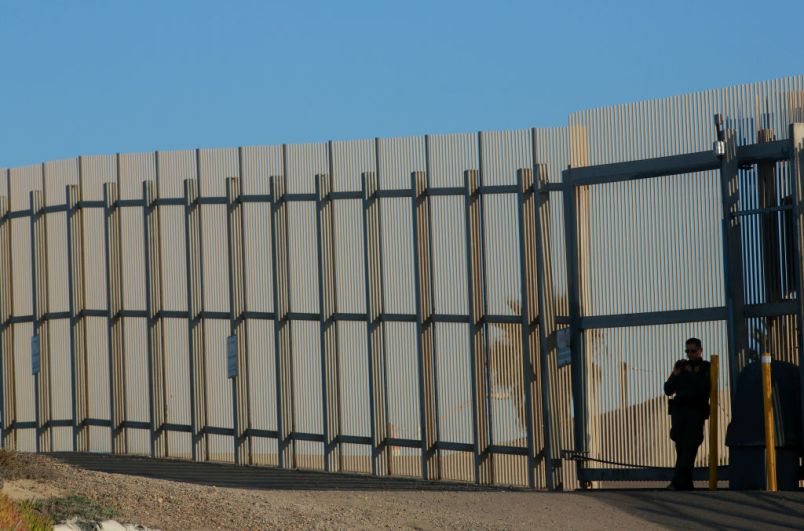A short time ago President Trump said he is ordering the US military to start guarding the US-Mexico border until his wall is built. Can he do that? The short answer is: no. The longer answer is basically no but I wanted to explain the details because it’s not 100% no.
First, limited uses of the US military – or in most cases National Guard troops – on the border is not unprecedented. In fact, it happened under Presidents Bush and Obama. But these were quite limited and geographically focused deployments where National Guard troops were supporting the Border Patrol. The distinction is key because the Posse Comitatus Act makes two things clear. 1) Soldiers and other military personnel can’t enforce US laws within the United States and 2) They can’t detain or search people or do most of the things that usually go along with police authority in the United States. There are other things they can’t do. But those are the key ones relevant to the border.
This Congressional Research Service report from 2013 explains the particulars of the law, what it prohibits, how those prohibitions have been implemented with regulation and so forth.
Here’s the key passage from the report …
The primary restriction on military participation in civilian law enforcement activities is the Posse Comitatus Act (PCA).21 The PCA prohibits the use of the Army and Air Force to execute the domestic laws of the United States except where expressly authorized by the Constitution or Congress. The PCA has been further applied to the Navy and Marine Corps by legislative and administrative supplements. For example, 10 U.S.C. Section 375 directs the Secretary of Defense to promulgate regulations forbidding the direct participation “by a member of the Army, Navy, Air Force, or Marines in a search, seizure, arrest, or other similar activity” during support activities to civilian law enforcement agencies. DOD issued Directive 5525.5, which outlines its policies and procedures for supporting federal, state, and local LEAs. DOD Directive 5525.5 prohibits the following forms of direct assistance: (1) interdiction of a vehicle, vessel, aircraft, or other similar activity; (2) a search or seizure; (3) an arrest, apprehension, stop and frisk, or similar activity; and (4) use of military personnel in the pursuit of individuals, or as undercover agents, informants, investigators, or interrogators. It is generally accepted that the PCA does not apply to the actions of the National Guard when not in federal service.22 As a matter of policy, however National Guard regulations stipulate that its personnel are not, except for exigent circumstances or as otherwise authorized, to participate directly in the arrest or search of suspects or the general public.
So the military can be deployed for ‘support’ services, which mostly would mean various kinds of surveillance or possibly building things. But if soldiers see people trying to get across the border they have to report that to Border Patrol because only Border Patrol can try to stop them. Whether this counts as ‘guarding’ is sort of a semantic question. But in the sense of trying to prevent people from crossing the border or apprehending people who do so, the military simply cannot do that unless Congress passes a law specifically authorizing it.






